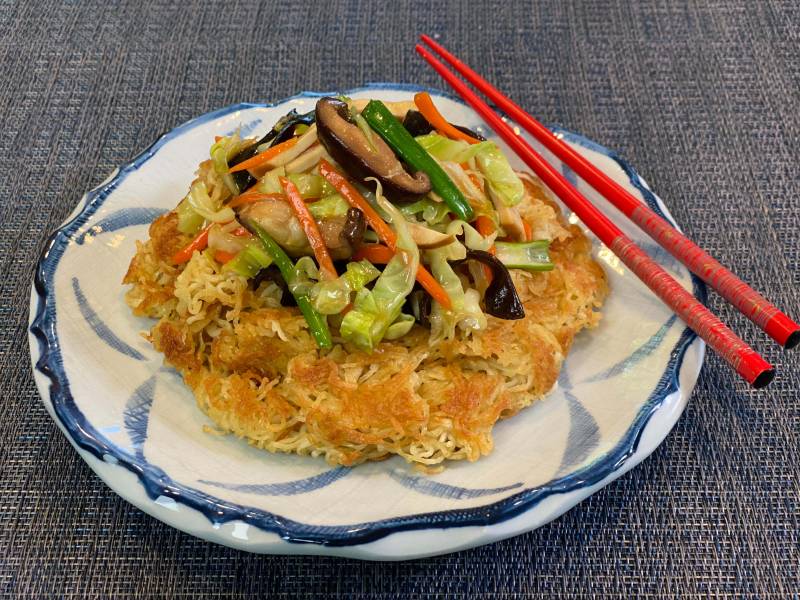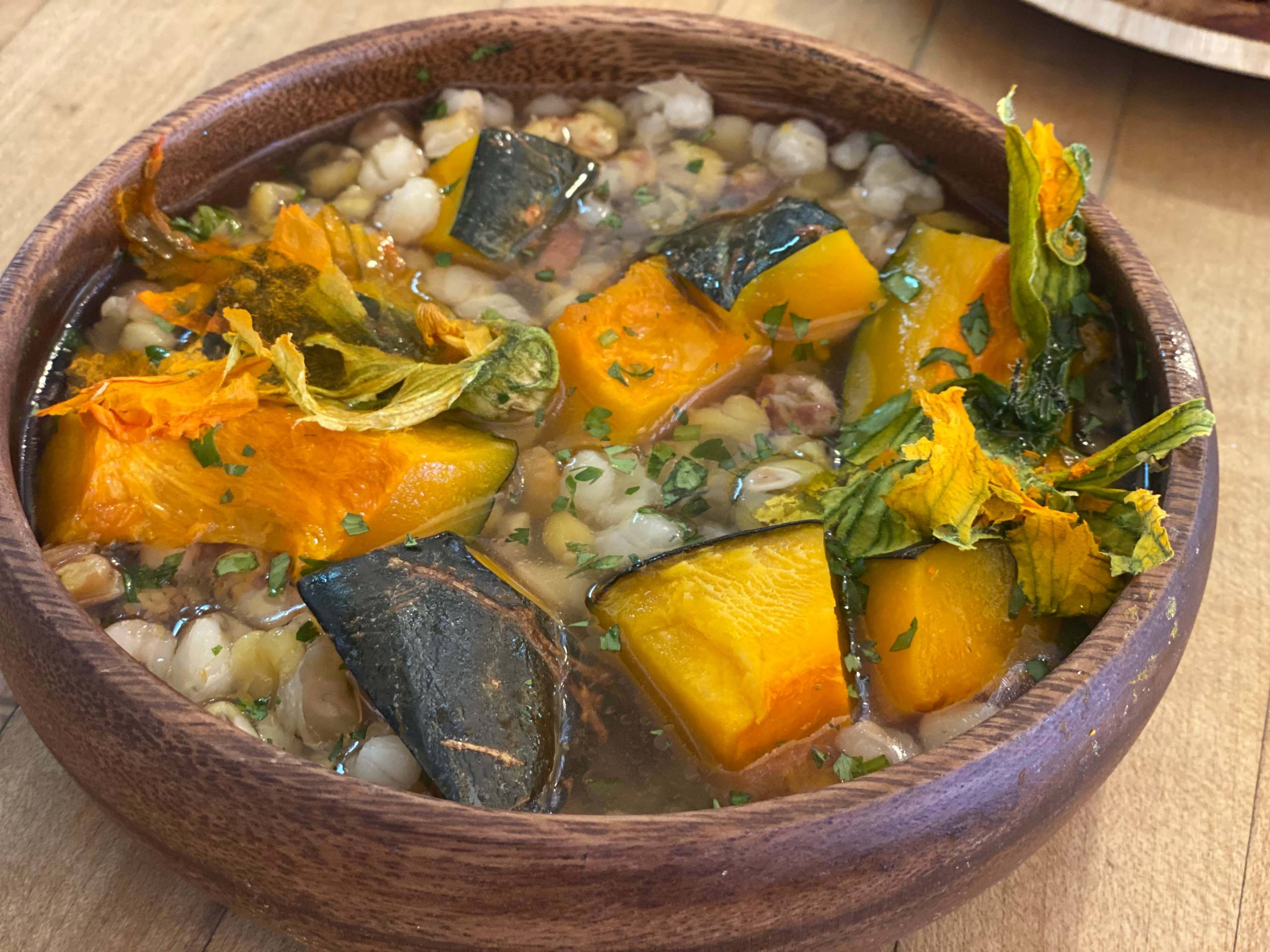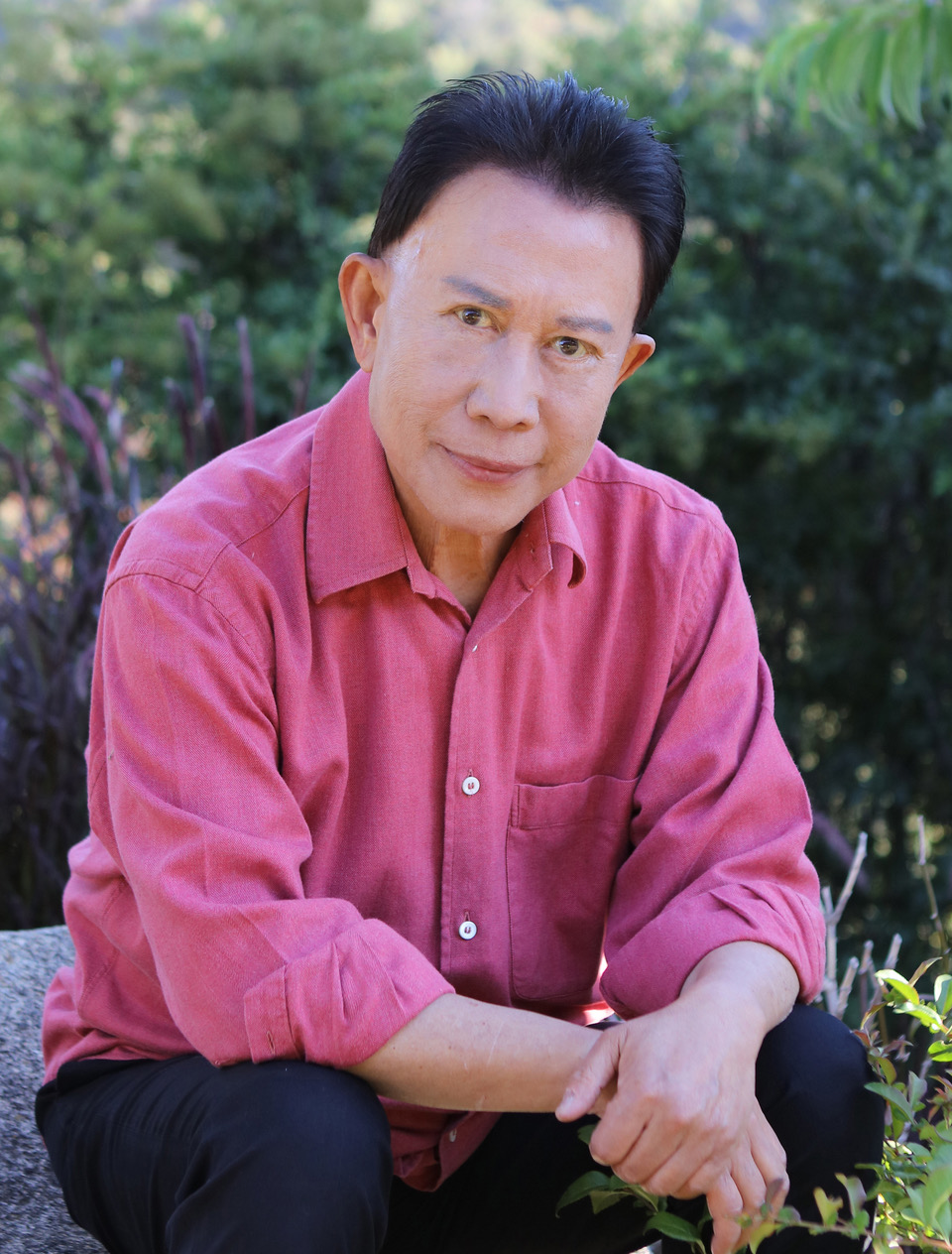Long before “plant-based” became the latest buzzword in food, Chinese chefs like Martin Yan were cooking mostly with vegetables, without fanfare. “Plant-based ingredients have been used in Asia for hundreds and hundreds of years,” the Yan Can Cook star says, rattling off a list of staples he always keeps on hand at his home on the Peninsula—six or seven items in the tofu category alone. There’s pressed tofu, fermented tofu, sheets of dried bean curd, dried bean curd sticks and so on.
“All these are plant-based products,” Yan says. “It’s nothing new at all. It’s just a new term.”
It’s also an underlying theme of the “Holiday reFresh” virtual cooking demonstrations that the Palo Alto–based environmental education nonprofit Acterra is hosting on Sunday, Nov. 7. Yan and Crystal Wahpepah of Oakland’s soon-to-open Indigenous restaurant, Wahpepah’s Kitchen, headline a roster of chefs tasked with reimagining the traditional American holiday feast—say, the turkey dinner with all the fixins—with today’s dire climate crisis in mind. That means no meat or animal products, and everything has to be cooked on an induction stove.




